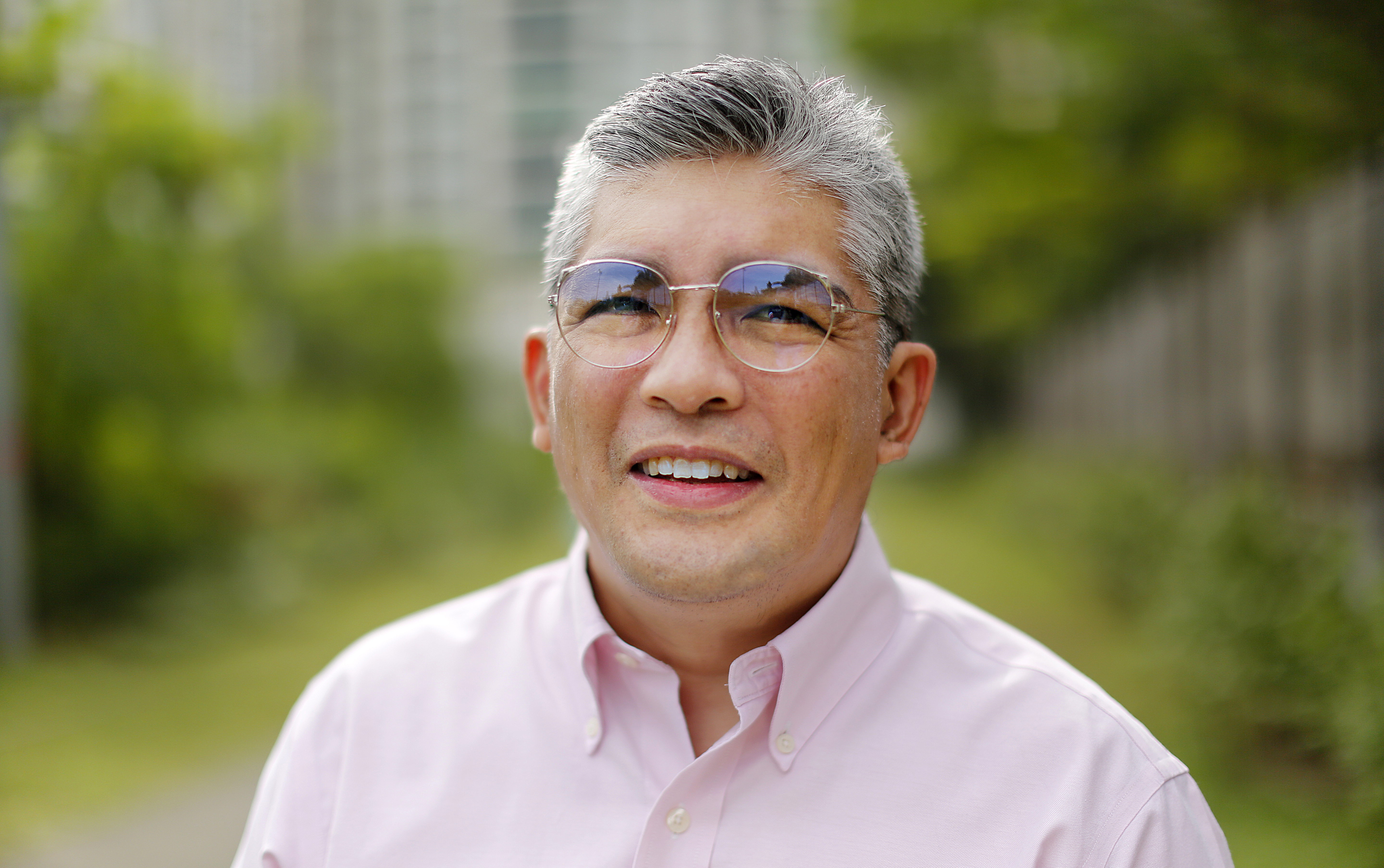OFF THE BEATEN PATH

In politics, few things are as indispensable yet as understated as the health of a candidate. We often talk about a candidate’s charisma, policy acumen, and public appeal, but rarely do we remark upon their physical and mental fitness, much less how those attributes affect the duration, intensity, and ultimate success of their pursuits for public office. The recent decision of a very popular candidate for Senate, however, has thrust the whole issue of a candidate’s health squarely into the spotlight of public awareness – and not a moment too soon.
Political campaigns are exhausting endeavors that demand extraordinary levels of stamina. It is no exaggeration to say that embarking upon a political campaign — whether local or national — is as physically demanding as taking part in a bike marathon or an ironman competition.
The physical toll
Typically on the go from dawn until the weehours of the morning, candidates spend inordinate amounts of time on the road, visiting from place to place and engaging with diverse communities at each. It’s not easy. Candidates are expected to participate in the rallies, to sing and dance on stage, or at least to deliver an energetic speech meant to fire up the crowd. There is intense pressure to interact directly with the public — shaking hands, hugging, and generally being jostled around. And the media are unforgiving, demanding time with the candidate, lest he be portrayed as evasive or just snobbish.
These activities are tiring enough to bring healthy individuals down, imagine what they can do to persons with underlying conditions or an inadequate capacity to recover; these rigors can quickly become insurmountable. This harsh reality, often ignored or dismissed by the candidates themselves, highlights just how much a candidate’s health dictates the parameters of the campaign, defining its scale, intensity, and reach.
Consider the rigors of traveling: a national campaign requires the candidate to crisscross the nation, to adjust to wildly varying living conditions from place to place, and to remain ready, at the drop of a hat, to perform the whole campaign spiel to even small audiences. These constant adjustments and readjustments wreak havoc on a person’s sleep patterns, elevates stress levels, and — especially for those already dealing with chronic health conditions — prolongs recovery times.
Emotional damage
Fatigue builds up, focus blurs, and the candidate has progressively less energy to campaign effectively. A healthy candidate may shrug these effects off; but a less robust candidate will inevitably falter, constrained by the limitations of their physical condition.
Beyond the physical cost of campaigning, a candidate’s mental and emotional resilience also take hits. The psychological stress of campaigning is immense, with every word, gesture, and decision subject to public scrutiny and criticism. And it’s even worse on social media, where comments can range from persistent roasting to vicious attacks. Without emotional fortitude, the unrelenting pressure has proven to be beyond what many could bear.
Ideally, candidates need to navigate criticism with grace, maintaining composure despite provocation, and maintain an image of solid and unwavering determination. On social media especially, where the slightest hint of cracking is met with waves of renewed vitriol and abuse.
Poor health has been shown to diminish a person’s ability to weather this kind of stress. Worse, chronic pain, sleep deprivation, and massive stress — all ordinary elements of a typical campaign — have been shown to impair decision-making, making candidates more vulnerable to errors that opponents and critics will happily pounce on.
Dooming the campaign
Our electoral history is full of sobering examples of leaders who embarked on campaigns with fervor, only to succumb to illness before or — most heartbreakingly — shortlyafter achieving their political aspirations. These instances serve as stark reminders that no amount of ambition or strategy can compensate for the absence of physical vitality.
The pursuit of political office in poor health can and often does exact a tragic personal cost. There are instances where candidates have poured their remaining energy into an exhausting campaign, only to pass away before reaping the rewards of their victory. Such outcomes not only represent a profound loss for the individual and their family but also effectively disenfranchise the people who voted for the candidate. The continuity of governance disrupted, voters are left to grapple with the consequences of an interrupted mandate.
Ultimately, the intersection of health and politics underscores a fundamental truth: leadership is as much about endurance as it is about vision. The qualities that make a candidate electable — charisma, intellect, and determination — are diminished if their health cannot sustain them through the arduous journey of a campaign and the responsibilities of governance. By recognizing the centrality of health, voters, advisors, and candidates themselves can contribute to a political culture that values longevity, vitality, and the well-being of those who aspire to lead.
(The author is a former Comelec commissioner. He is a pioneer of automated elections being a member of the Commission that successfully modernized Philippine elections in 2010. He remains involved in public service as an election lawyer. Email: [email protected])